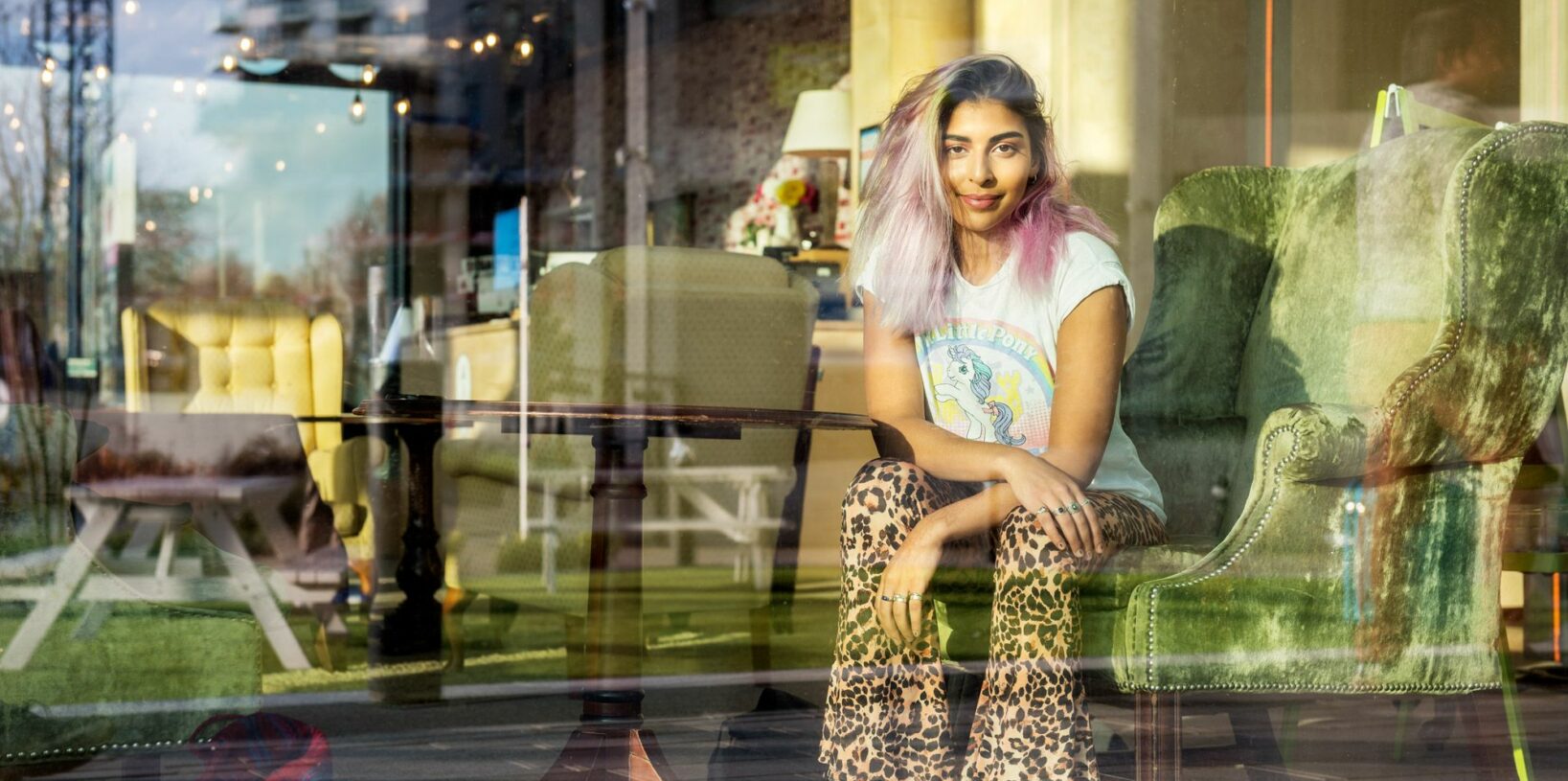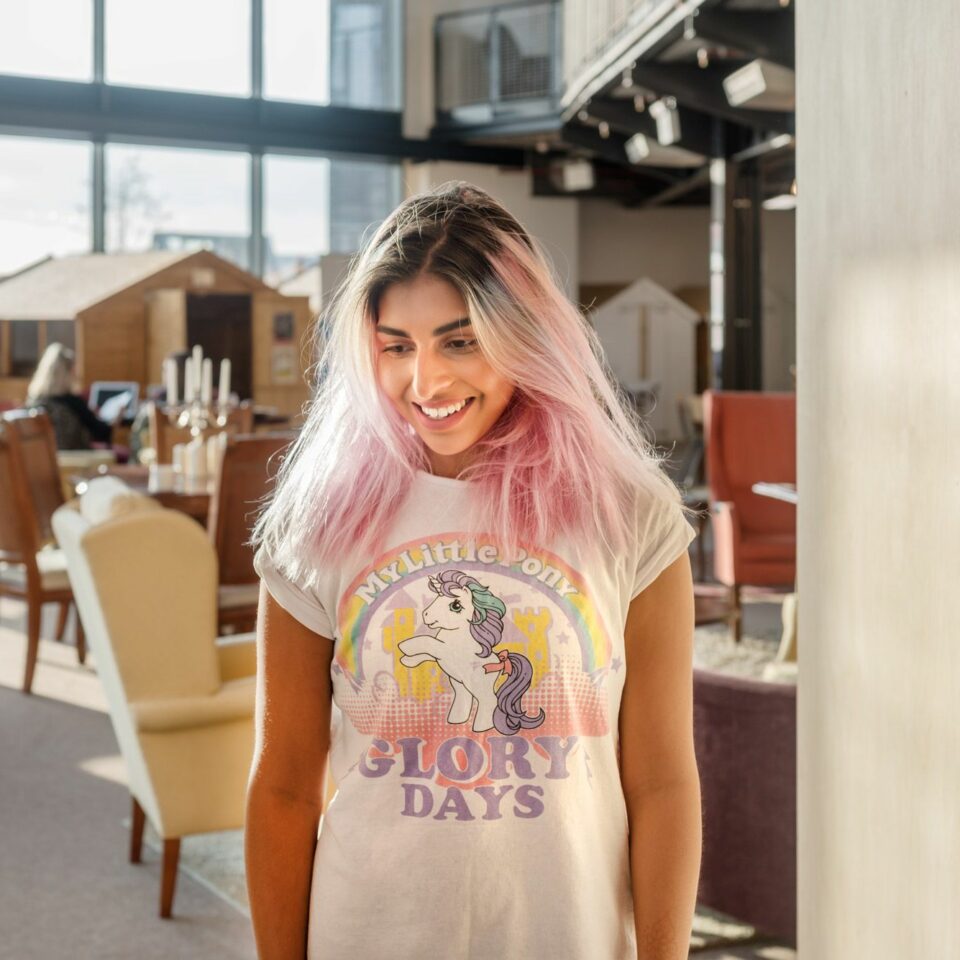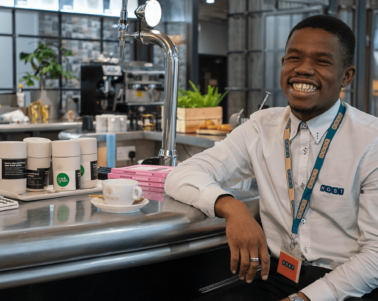I was prompted to research these notions because Hina and I were due to meet at the cafe Ziferblat, where “everything is free inside, except for the time you spend.” I felt this concept would cause me to consider each passing minute differently than if I were to define my time there by the pot of tea I’d bought. Inevitably, we were both late.
“I love it here, it changes my relationship to time,” Hina tells me after we’ve clocked in and are preparing our coffee and tea. Sunlight floods in through the glass walls, and across the vintage furniture. It feels like my aunty Doreen’s front room has been set out in the departure lounge of an airport.
“People love tradition, don’t they?” she continues as we settle into some armchairs. “Like, for instance, a family might always cut the end of the roast off before serving it, but don’t know why, as it’s just become a habit, but it turns out it’s because, years ago, great-grandma did it once when it wouldn’t fit in the tin. It’s why I think my work with henna will always be popular, even though it’s thousands of years old. Even though we’re in a modern space, these things are deep rooted.”
Hina learnt her skills with henna after growing up in an Asian culture where it was always part of celebrations, marking moments in life such as weddings.
“I can do anything: floral, tribal, symmetrical, I can even do Batman if asked.” she says, laughing. “But I also work as a glitter artist, and me and my boyfriend run a clothes label called Rainbow Tribe, which we go to festivals to sell. That’s just in the summer though. My wisdom is that no-one wants to wear rainbows in winter.” She laughs again.





